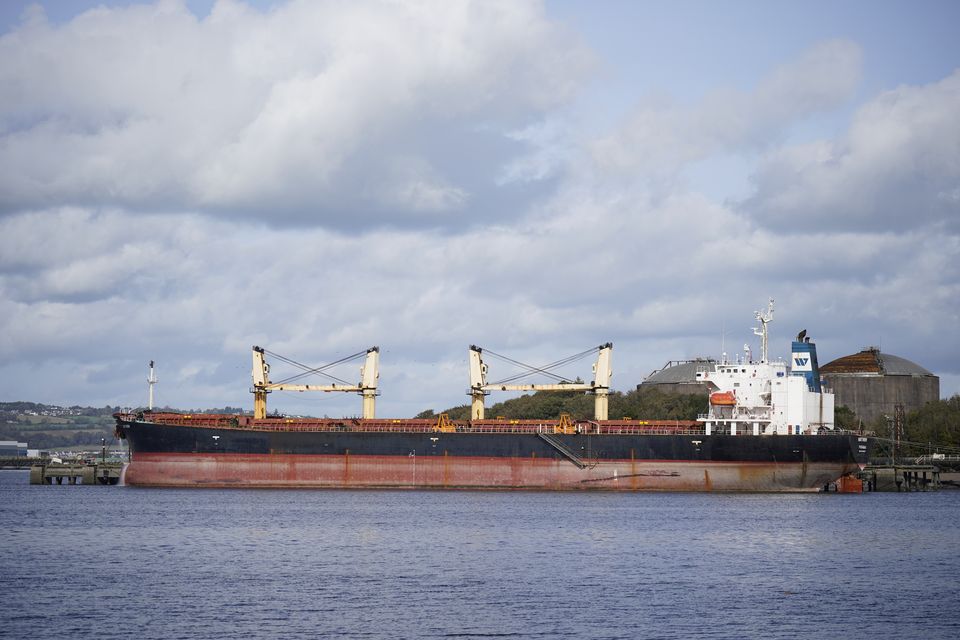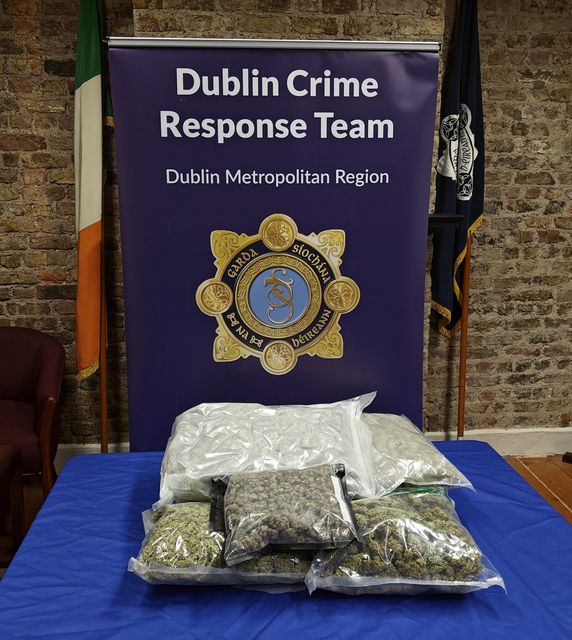Many gardai investigating serious crime lack training in “core investigative skills”, according to a review by a statutory watchdog.
The Garda Siochana Inspectorate has made 68 recommendations relating to garda structures and processes in tackling transnational organised crime.
Among its findings published on Tuesday, the watchdog said An Garda Siochana (AGS) does not have either an organised crime nor a transnational organised crime strategy.
In addition, there is no Joint Agency Task Force strategic threat and risk assessment or strategy to tackle transnational organised crime on the island of Ireland.
The inspectorate found the process for accessing critical evidence from other jurisdictions is slow and bureaucratic, while the number of requests has increased significantly.
Domestically, the absence of an established forum for agencies to meet and share information on organised crime is considered a weakness.
It further said that many members of organised crime groups (OCGs) continue to direct their criminal enterprise from within prison.
In its findings, the inspectorate called for the introduction of a domestic and transnational organised crime strategy.
It also recommended the implementation of a national criminal intelligence framework.
The oversight body acknowledged “considerable success” of An Garda Siochana’s operations targeting high-profile crime groups and drug seizures.
A general view of the MV Matthew cargo ship (Niall Carson/PA)
These include the seizure of illegal drugs worth 157 million euro following the interception of the MV Matthew off the Irish coastline, multiple arrests of suspects linked to the cyber-enabled fraud activity of the Black Axe organised crime group, and the disruption and dismantling of the Conti Ransomware group.
However, it said such disruption is often temporary and does not address the harmful effects of crime and drugs on individuals and communities.
The body said children as young as eight are being “groomed by organised crime groups” and coerced into involvement in drug-related crimes.
Among the recommendations, the watchdog called the introduction of a national victims’s strategy as well as an all-island strategic threat and risk assessment – noting a 2015 plan between the British and Irish governments had not been reviewed post-Brexit.
The inspectorate found that some partner agencies at local, national and international level were “frustrated” with a reluctance of gardai to share information or discuss subjects of mutual interest. It also found that information from external partners were not used in risk assessments.
It further highlighted that while AGS has undertaken to develop an intelligence-led model of policing over the past 12 years, it has yet to be put in place.
It also called on gardai to develop a policy on undercover deployments and recommended that the Department of Justice addresses “legislative and oversight gaps” around investigating encrypted communications.
An example of seized drugs and weapons (An Garda Siochana)
The inspection report also includes concerns raised by gardai that the process for approving informers under the Covert Human Intelligence Sources (CHIS) system was too slow.
In some cases, people were only referred into the assessment process after all the information they had to give was drawn from them by the referring garda member.
Some sources were not referred to the registration system, but were still handled by investigators.
Irish legislation does not enable or permit authorisation of any CHIS to participate in criminal activity. The inspectorate said this “significantly limits” the tactical options for targeting serious crime and offences committed by transnational organised crime groups.
As such, it recommended the introduction of legislation to enable registered CHIS to participate in crime.
Elsewhere, the watchdog noted Ireland does not have a national strategy for victims and added that AGS does not have a trauma-informed framework.
It said many victims and services perceived that some members of the garda workforce were not sufficiently trained or equipped to respond to victims of serious and complex crimes. Some victims reported that they had received they needed.
Under the topic of crime prevention, the inspectorate said it had found that some community alert watch schemes established by gardai were “dormant”.

